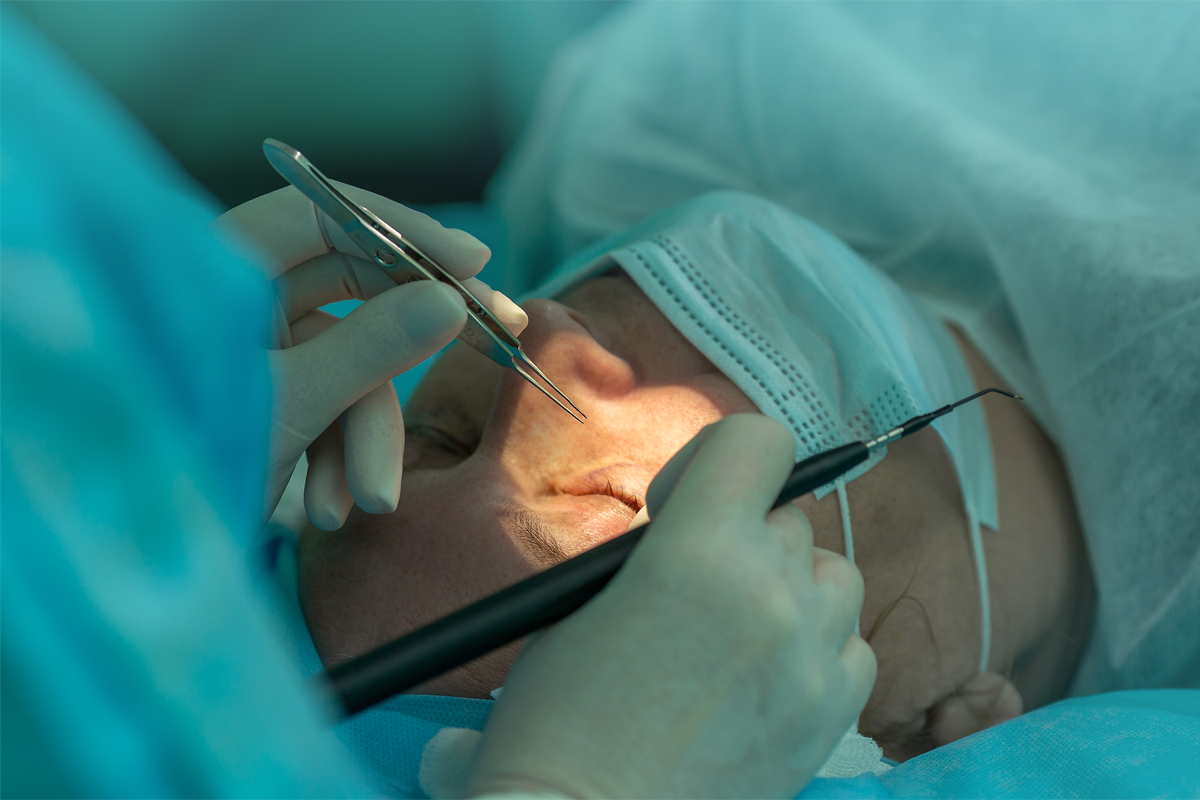Managing Diarrhea Post-Kidney Transplant: Effective Treatment
Kidney transplantation is a life-changing procedure that offers new hope and improved quality of life for individuals with end-stage kidney disease. However, like any major surgery, it comes with its challenges and potential complications. One such complication that patients may encounter post-kidney transplant is diarrhea. While it can be concerning, understanding the causes, evaluation, and effective management strategies can significantly improve outcomes. In this article, we'll delve into managing diarrhea post-kidney transplant, focusing on effective treatment strategies.
Causes of Diarrhea After Kidney Transplant
Diarrhea after kidney transplant can have various causes, including medication side effects, infections, dietary changes, and underlying medical conditions. Immunosuppressive medications, which are essential to prevent organ rejection, can sometimes lead to gastrointestinal issues like diarrhea. Infections, such as viral or bacterial gastroenteritis, can also trigger diarrhea in transplant recipients. Additionally, changes in diet or dietary intolerances may contribute to digestive disturbances.
Evaluation
When a kidney transplant recipient experiences diarrhea, a thorough evaluation is crucial to determine the underlying cause. This evaluation may involve laboratory tests, stool studies, imaging studies, and consultation with gastroenterologists or transplant specialists. Understanding the specific factors contributing to diarrhea is essential for designing an effective treatment plan.
Post-Kidney Transplant Care For Diarrhea
Managing diarrhea post-kidney transplant requires a multidisciplinary approach. The care team, including transplant surgeons, nephrologists, gastroenterologists, and dietitians, collaborates to address the patient's individual needs. Treatment may involve adjusting immunosuppressive medications, addressing infections with appropriate antibiotics, and making dietary modifications to alleviate symptoms.
At Fortis La Femme, we prioritize comprehensive care for kidney transplant recipients, including diligent monitoring of post-transplant complications like diarrhea. Our experienced team is dedicated to ensuring optimal outcomes and supporting patients throughout their transplant journey.
Prevention Tips
While some causes of diarrhea post-kidney transplant may be unavoidable, there are steps patients can take to reduce their risk and manage symptoms:
1.Follow medication protocols: Take immunosuppressive medications as prescribed by your healthcare team. Inform them immediately if you experience any side effects or digestive issues.
2. Practice good hygiene: Wash hands frequently, especially before eating or preparing food, to reduce the risk of infections that can cause diarrhea.
3. Maintain a healthy diet: Work with a dietitian to create a balanced diet that supports kidney health and minimizes digestive disturbances.
4. Stay hydrated: Drink plenty of fluids to prevent dehydration, especially during episodes of diarrhea.
5. Monitor symptoms: Keep track of any changes in bowel habits or symptoms and report them promptly to your healthcare provider.
By following these prevention tips and working closely with your healthcare team, you can effectively manage diarrhea post-kidney transplant and enjoy improved quality of life.
In Conclusion,
Diarrhea is a common concern post-kidney transplant, but with proper evaluation, care, and prevention strategies, it can be effectively managed. At Fortis La Femme, we are committed to providing comprehensive support to kidney transplant recipients, including addressing post-transplant complications like diarrhea. For personalized care and expert guidance, trust Fortis La Femme for your transplant journey.


Comments
Post a Comment